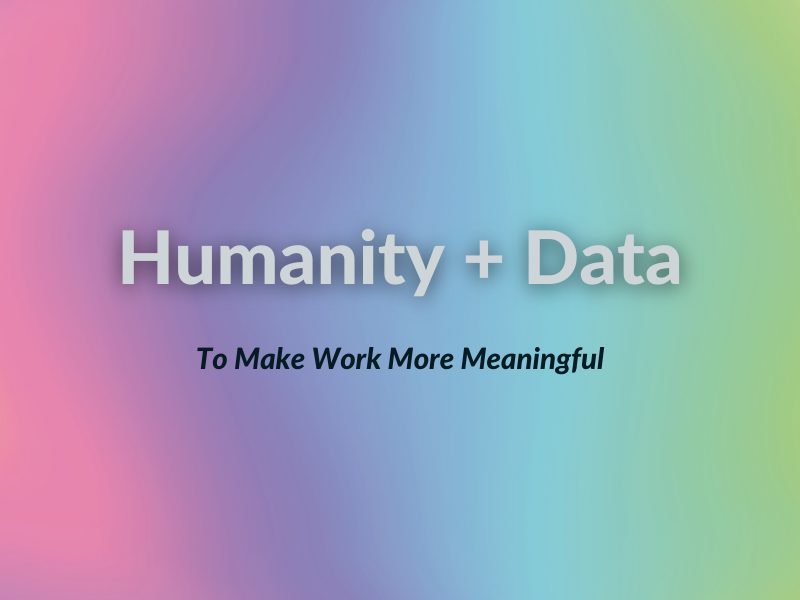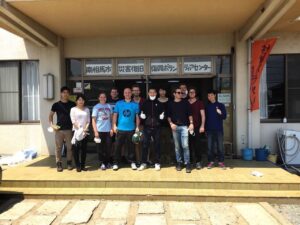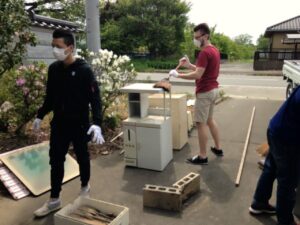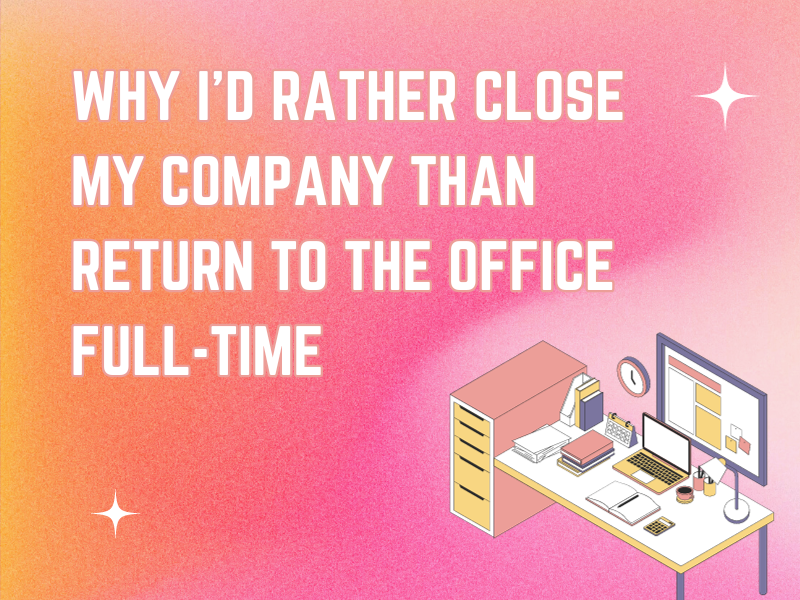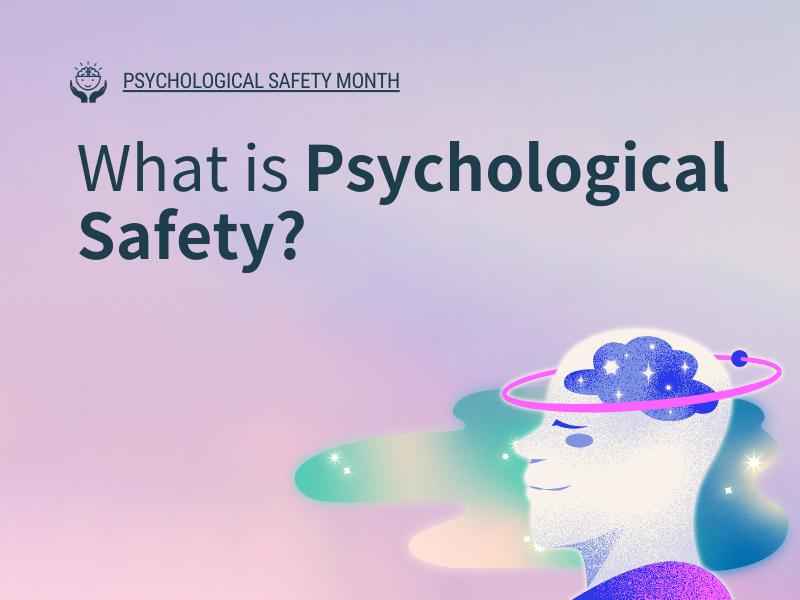Over the past couple of years, the world has experienced, and continues to experience, a number of major social and political waves that have enveloped society. First there was Black Lives Matter (BLM), and now the invasion of Ukraine.
As the BLM movement grew, became a big deal in tech circles, and made its way to Japan, I found myself as CEO feeling peer pressure from other organizations and other leaders who I respect to make a position statement in support of the movement. As a company, we did not. The reason was because I couldn’t come to terms with just making a public statement if we did not substantially change what we do ourselves to somehow fundamentally help fix the historical structural wrongs.

What we did do during BLM was open a space within the organization for people to talk openly. This was led by team members, not by me as CEO, though I joined the first sessions to convey support and belief in the initiative.
With the recent invasion of Ukraine, I also found myself struggling with what I should do as CEO, and what, if anything, our company should do. Again, my base thinking was that statements alone are often vapid. If we are to do anything it needs to be in the form of real action. Individually, I had a very strong opinion about the importance of the event and the clear evil and wrong that was being done, but I didn’t feel it was my place to push my opinions onto the organization, as the thoughts were raw and would have come out strong.
While I am the founder, CEO, and major shareholder of this company, the company belongs to everyone involved in it. I know that I could easily use any of those three positions to make my voice heard, and while that can feel good, I worry that if I get too comfortable in doing that, it would, over time, ruin the organization and the special culture we have built.
Once again, there was a team-led initiative to create an open discussion and, thankfully, the dialogue became much more about supporting Ukraine and our member(s) whose families were affected, than about both-sides-ism or discussing the rights or wrong of the initial politics, which I feared might happen. The team came through.
It can be scary for a leader to provide this space as you don’t know where the conversation will go, what kind of emotions will be ignited, what takeaways will be made. They might well be different from your worldview. Or you might not be able or willing to do what your team may ask of you. Despite the realness of this fear, our leaders, and our future leaders, will allow space for our members to talk, share, and allow their authentic emotions to be heard.


